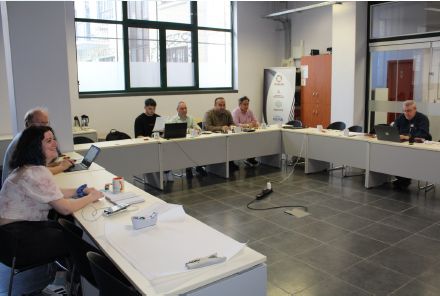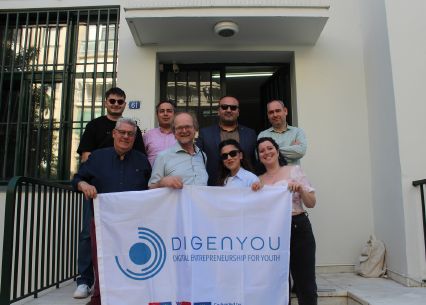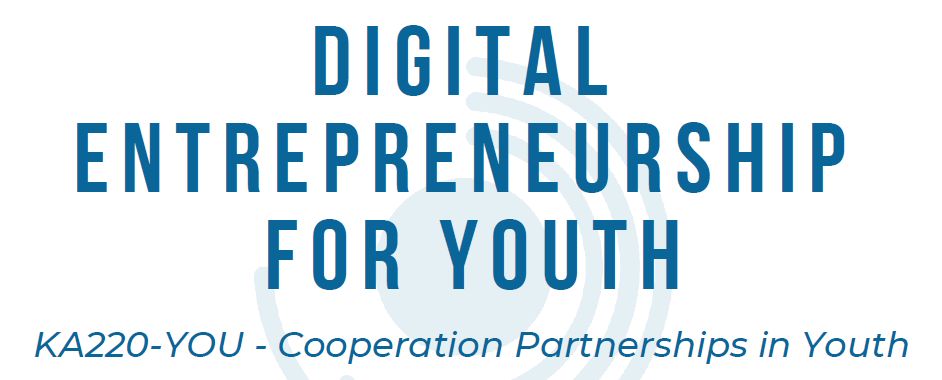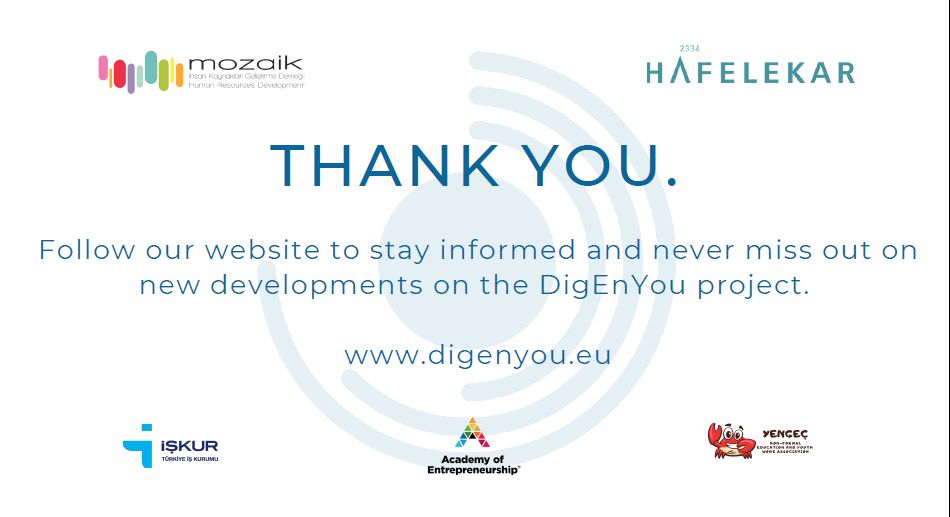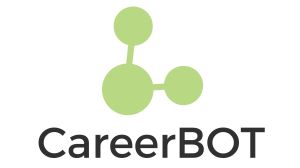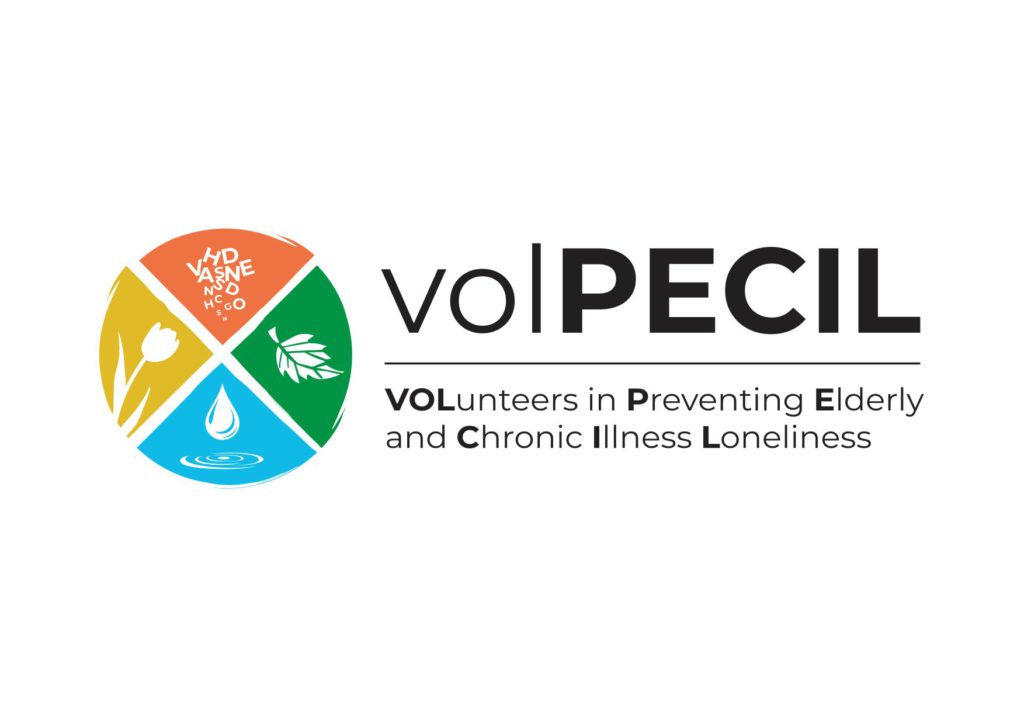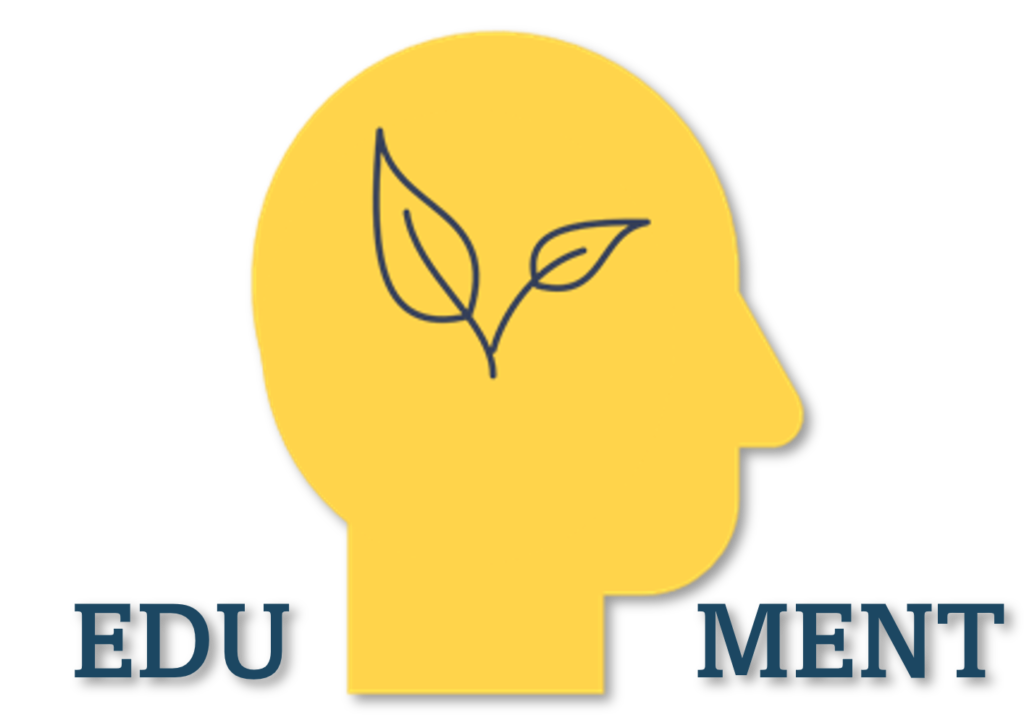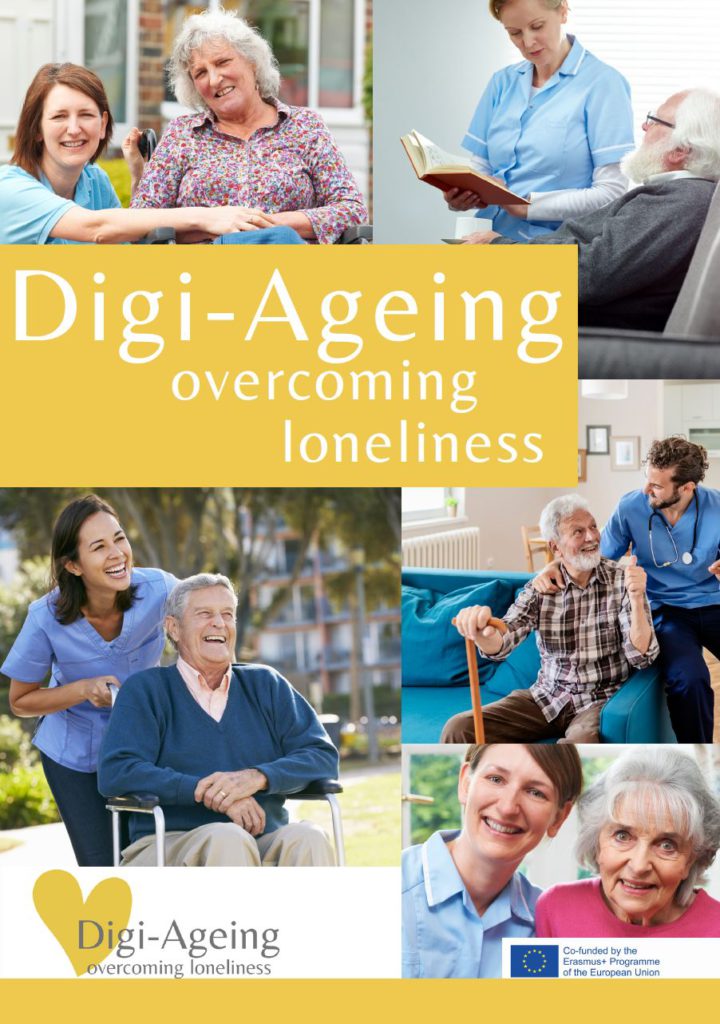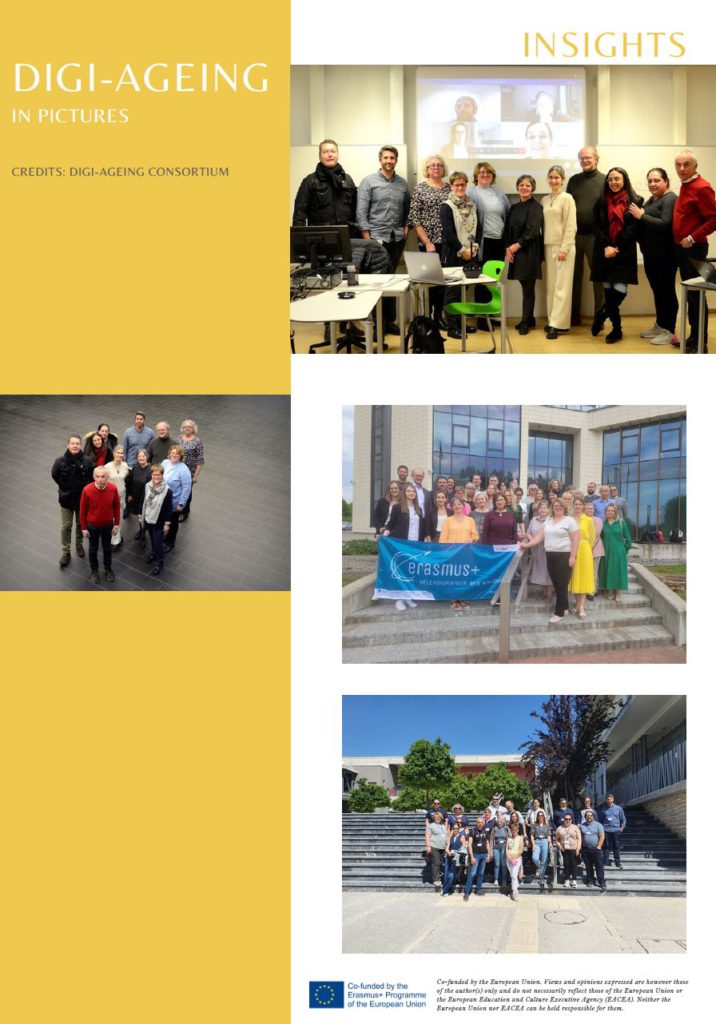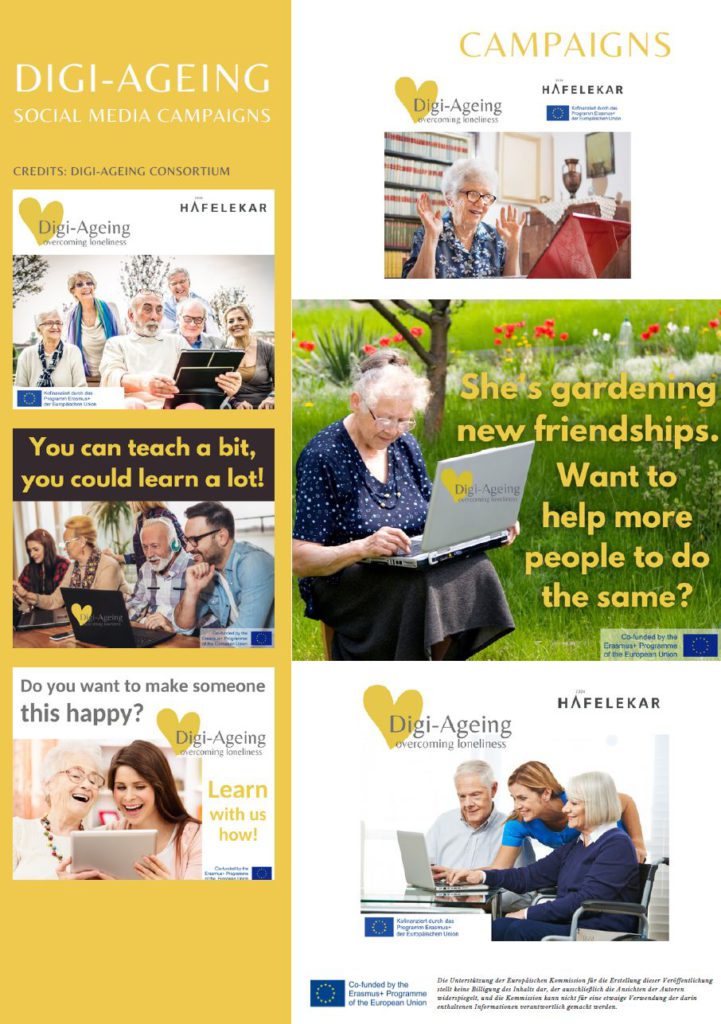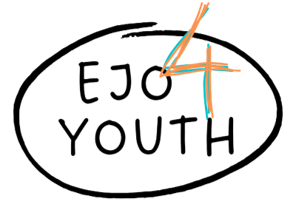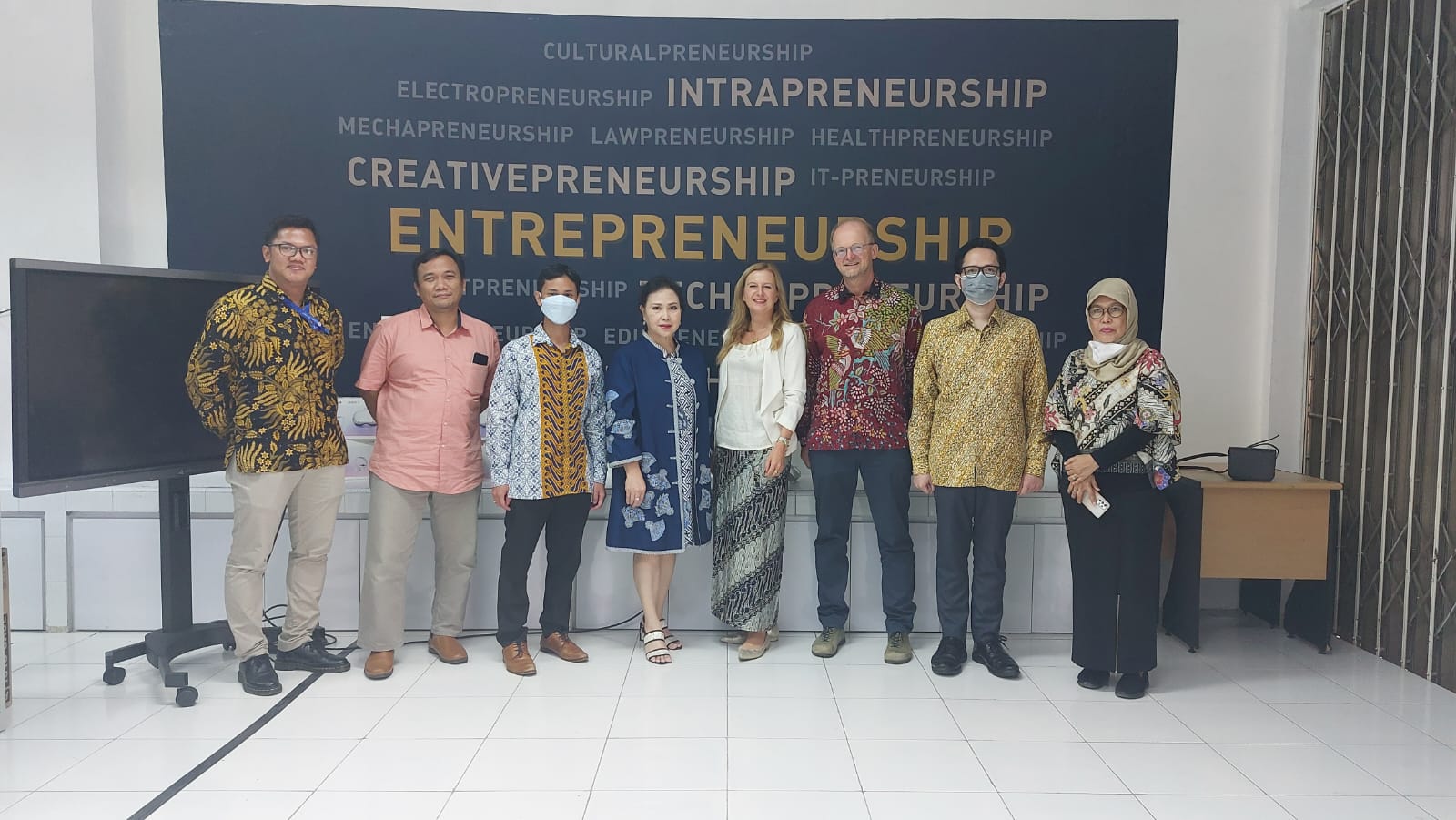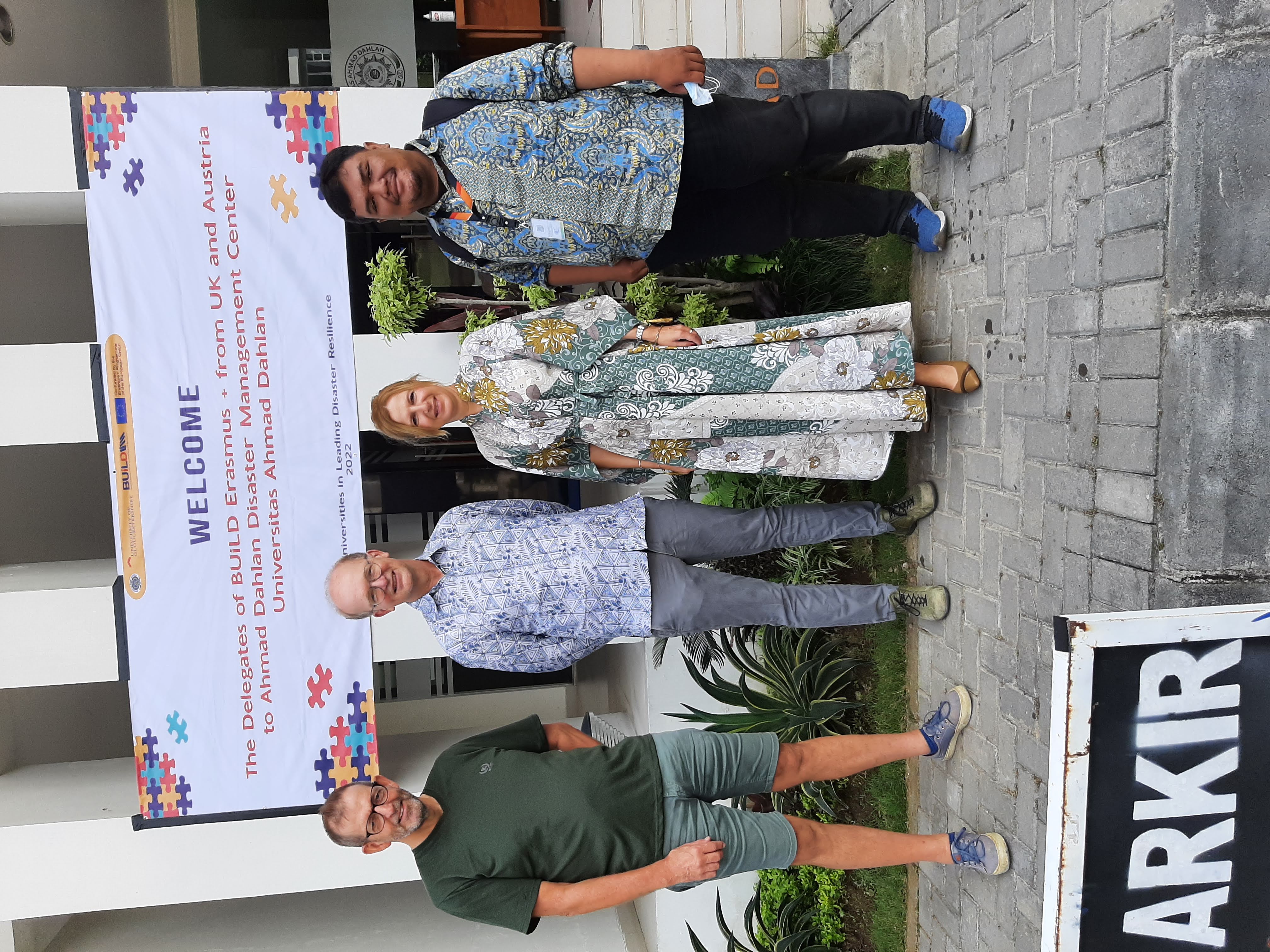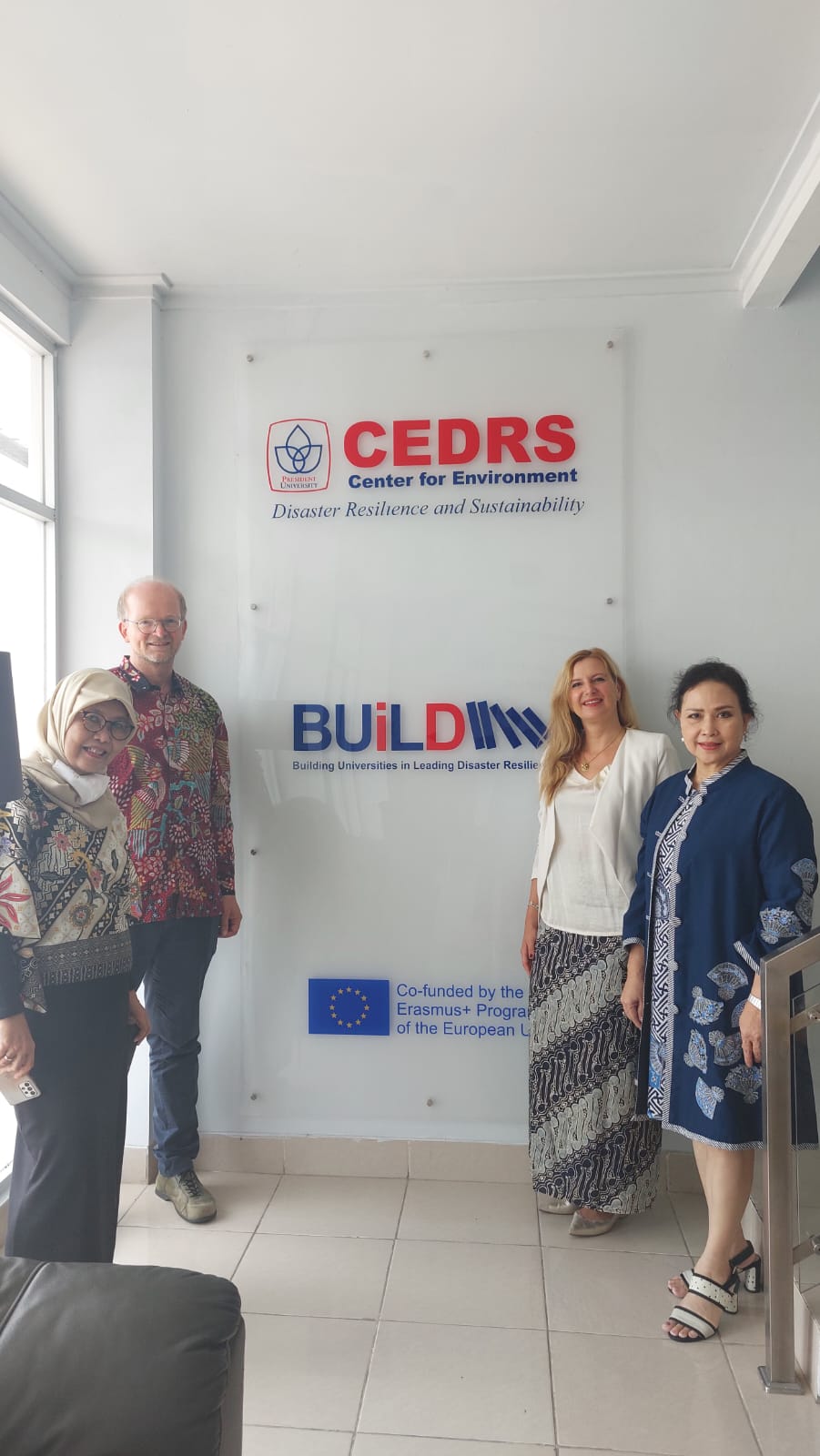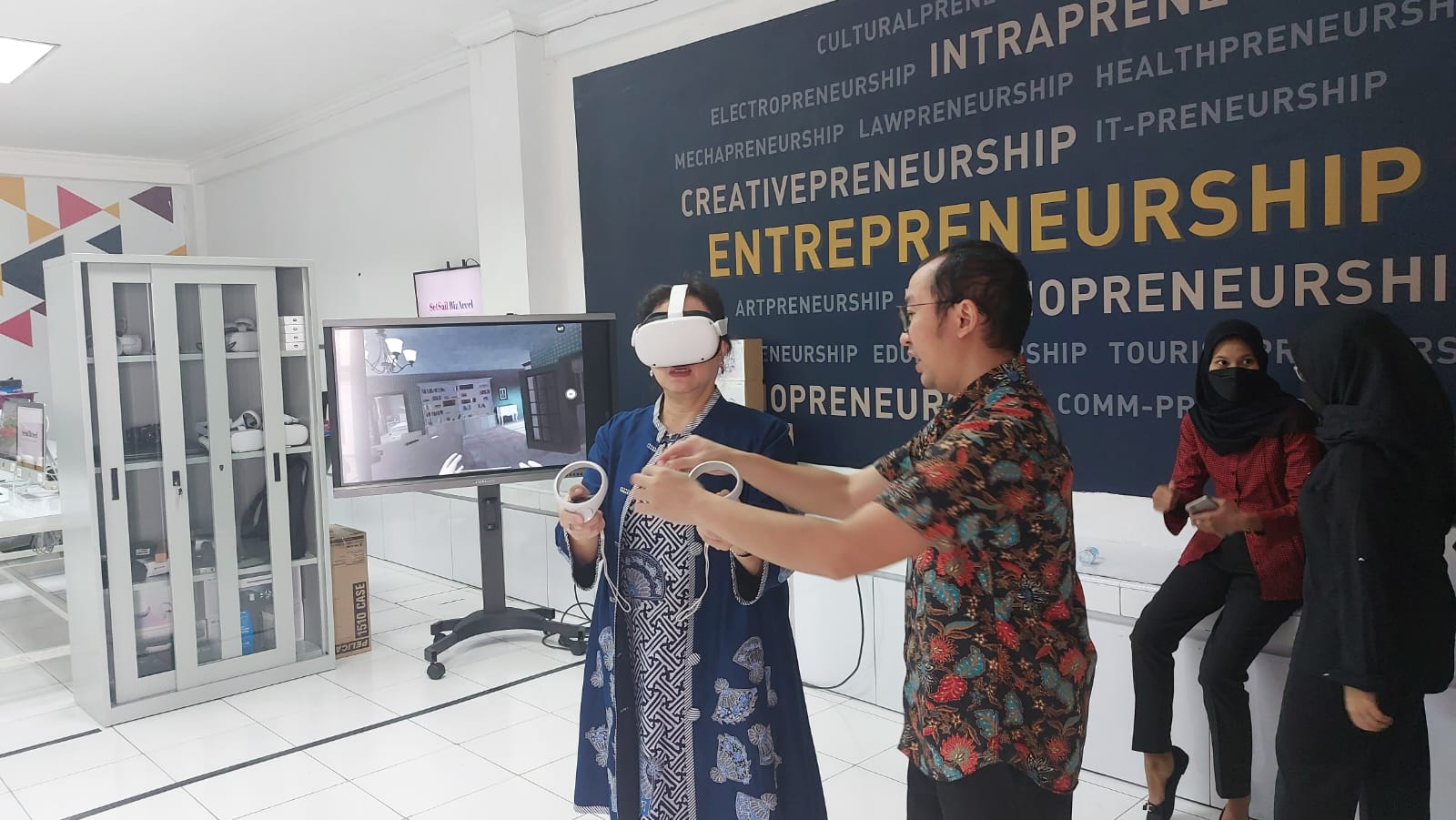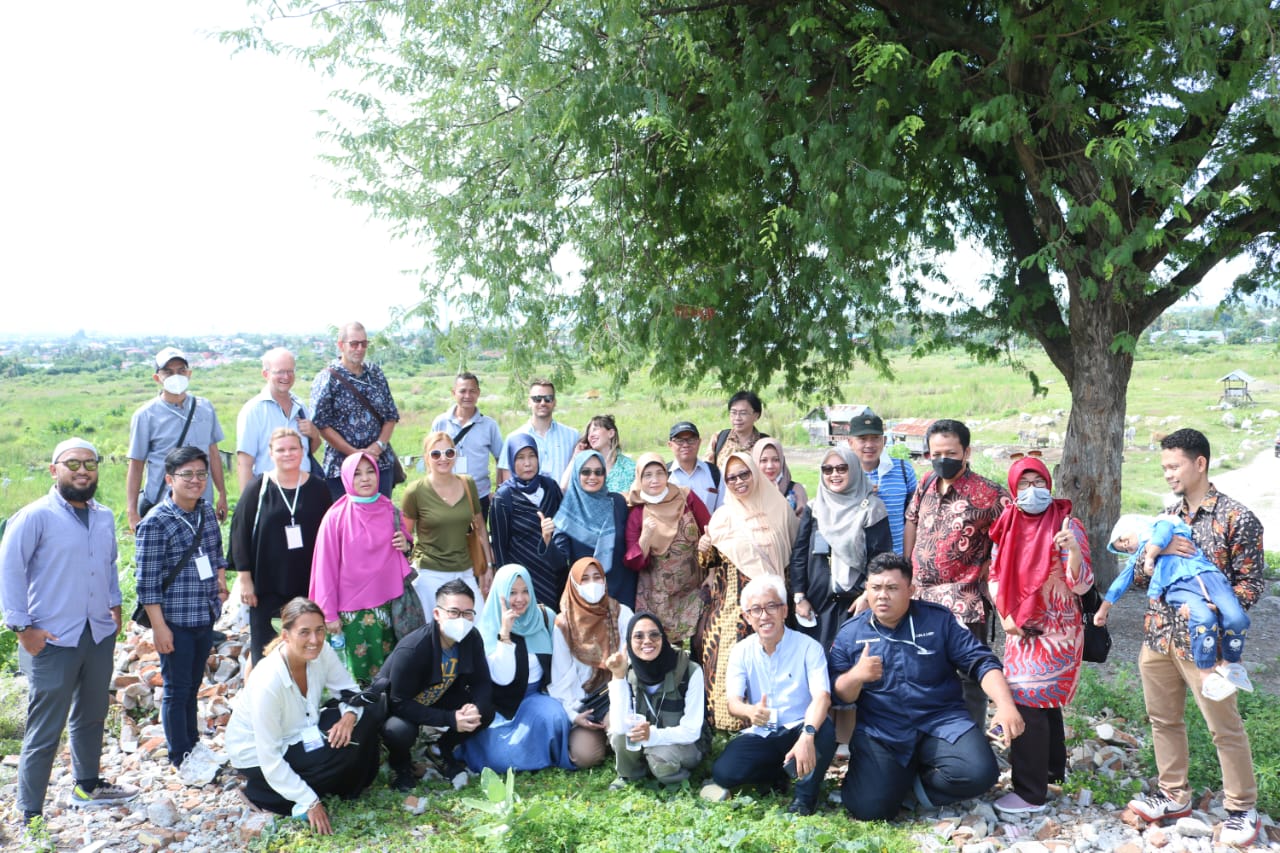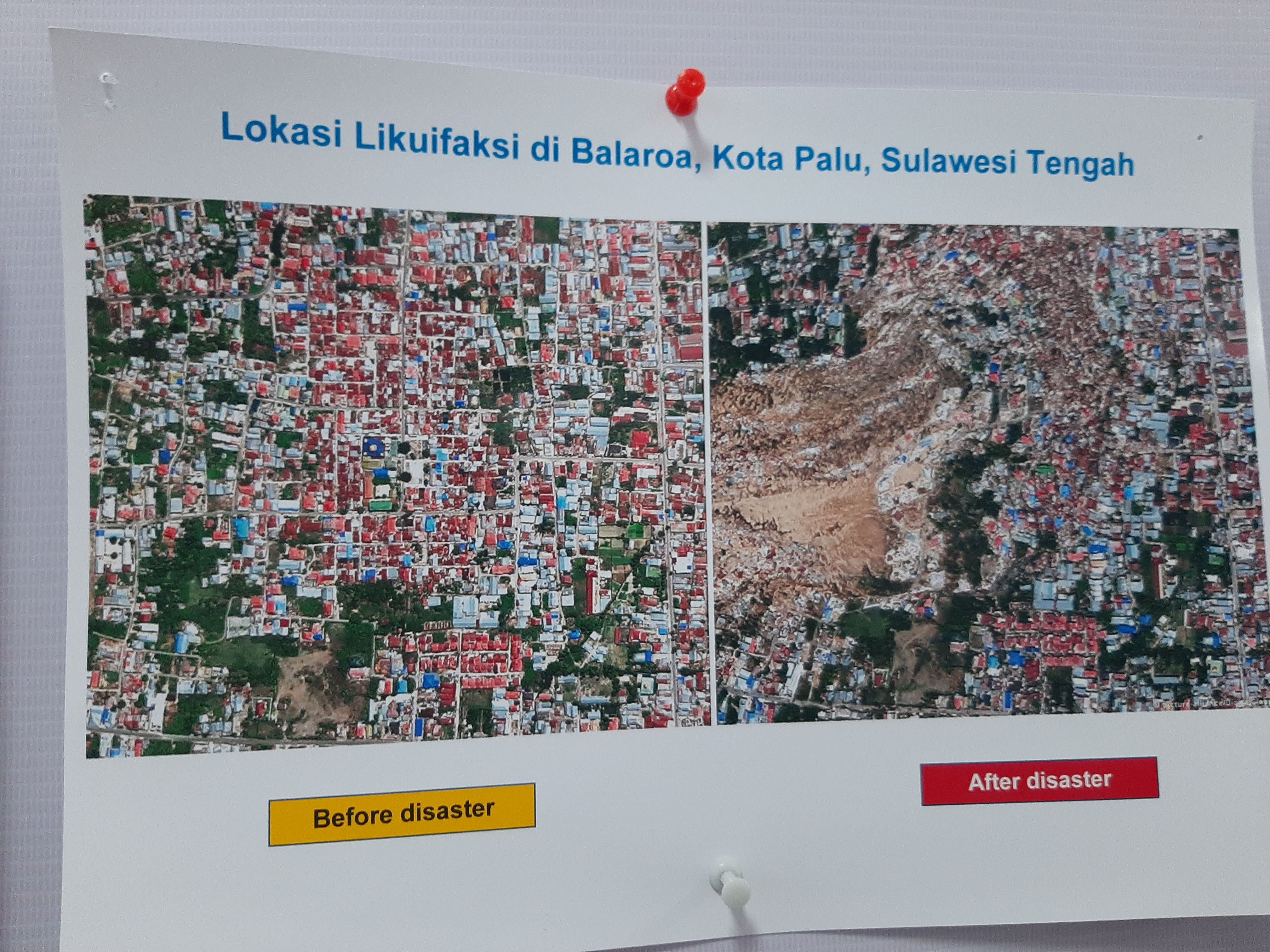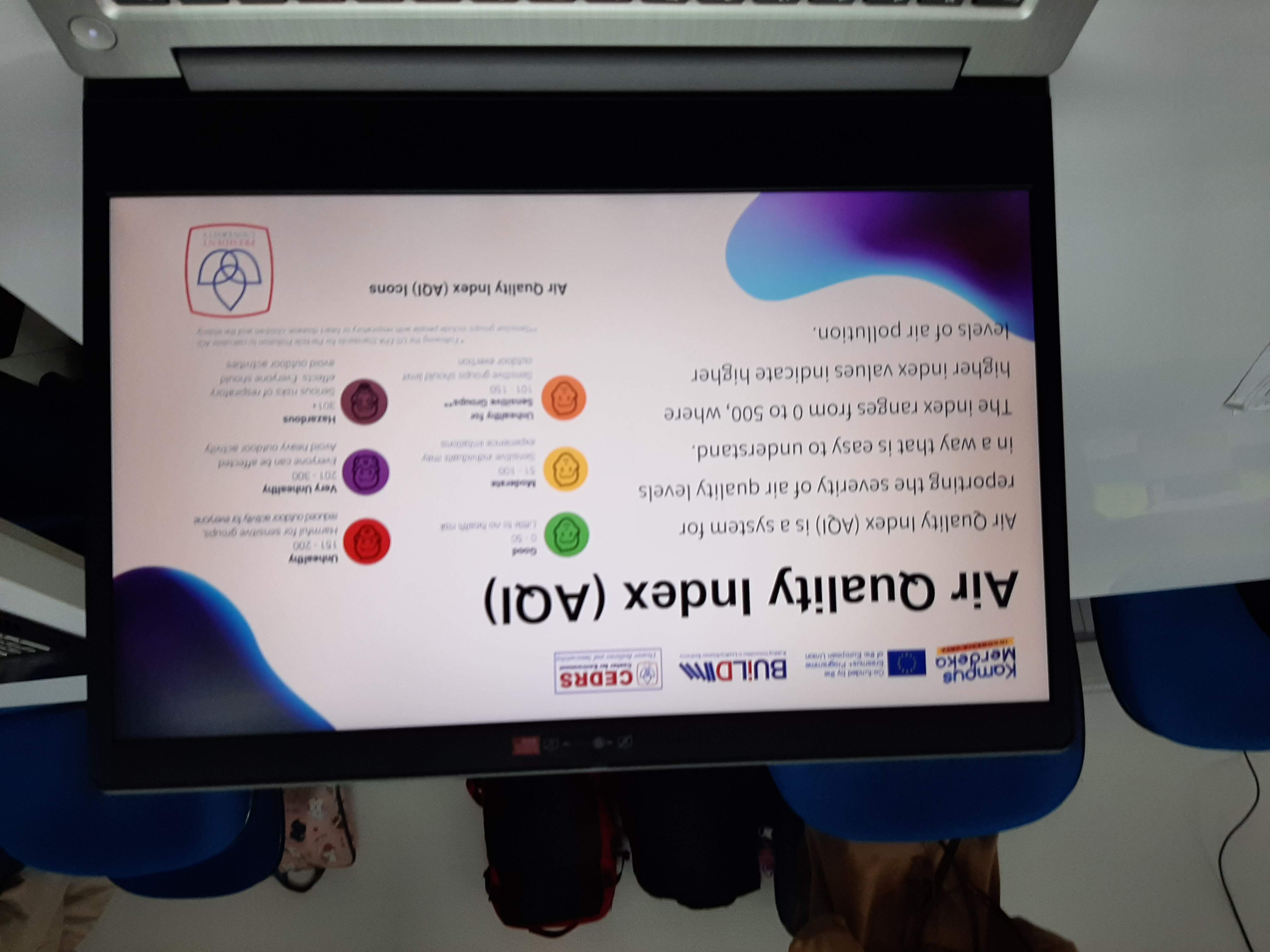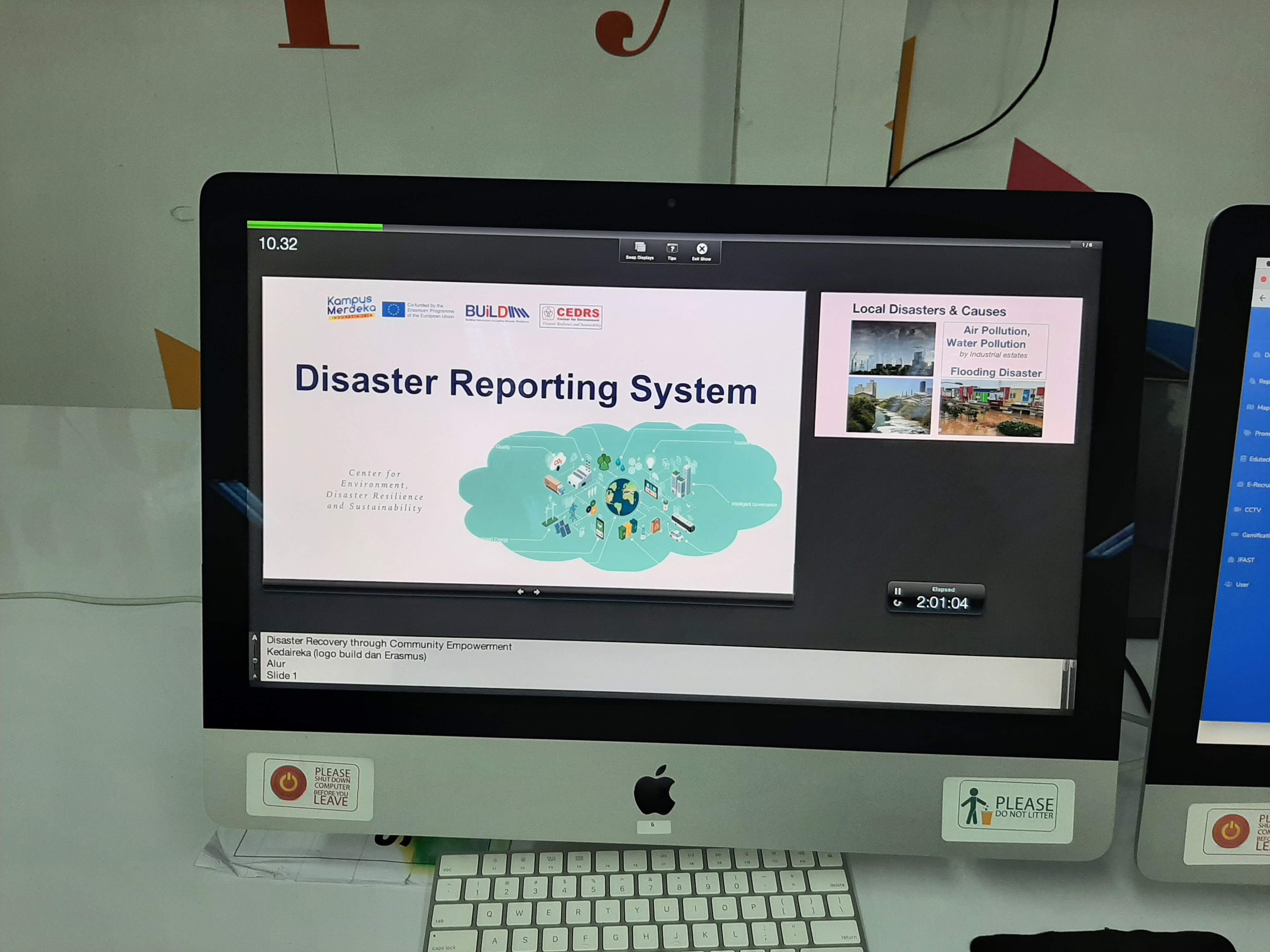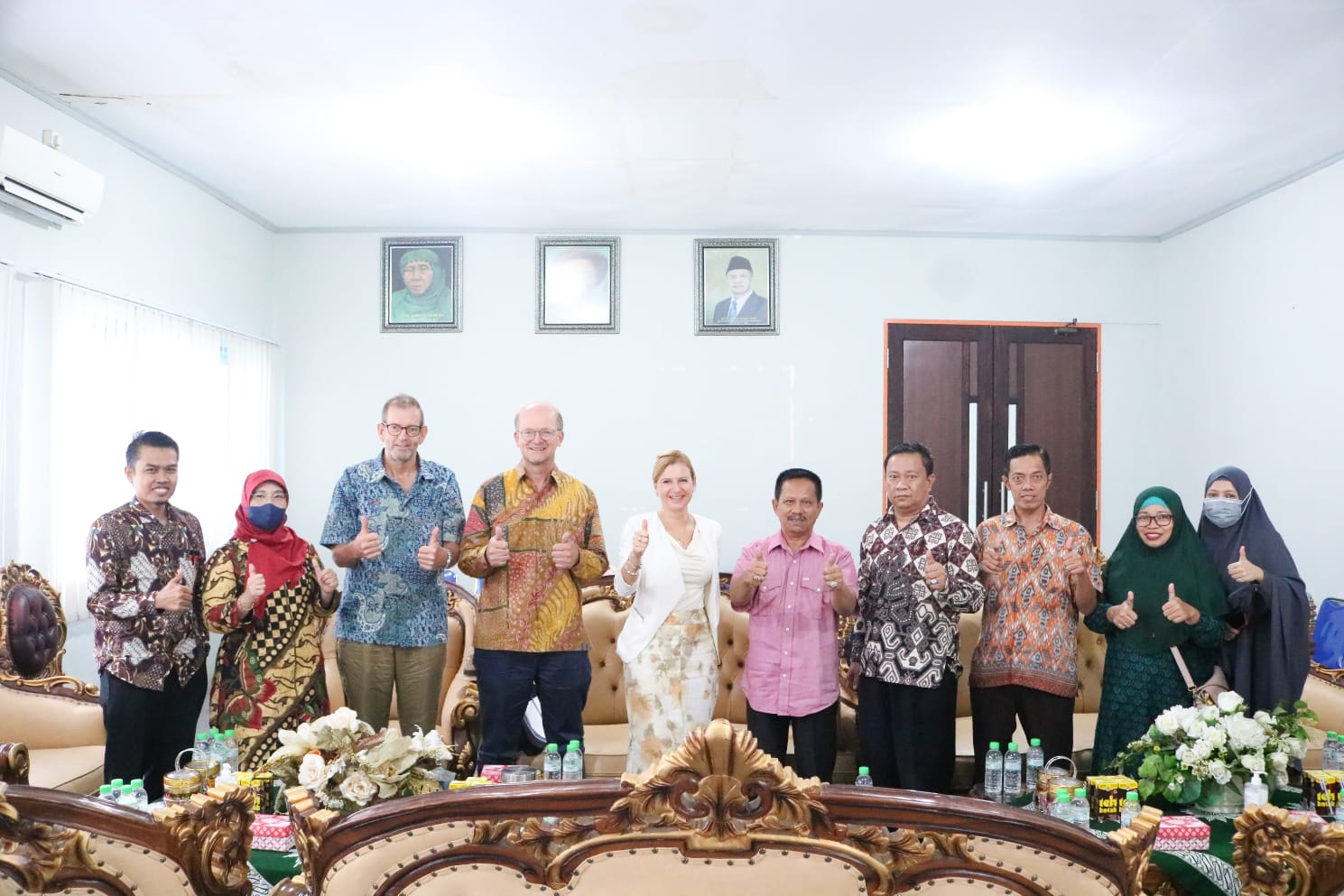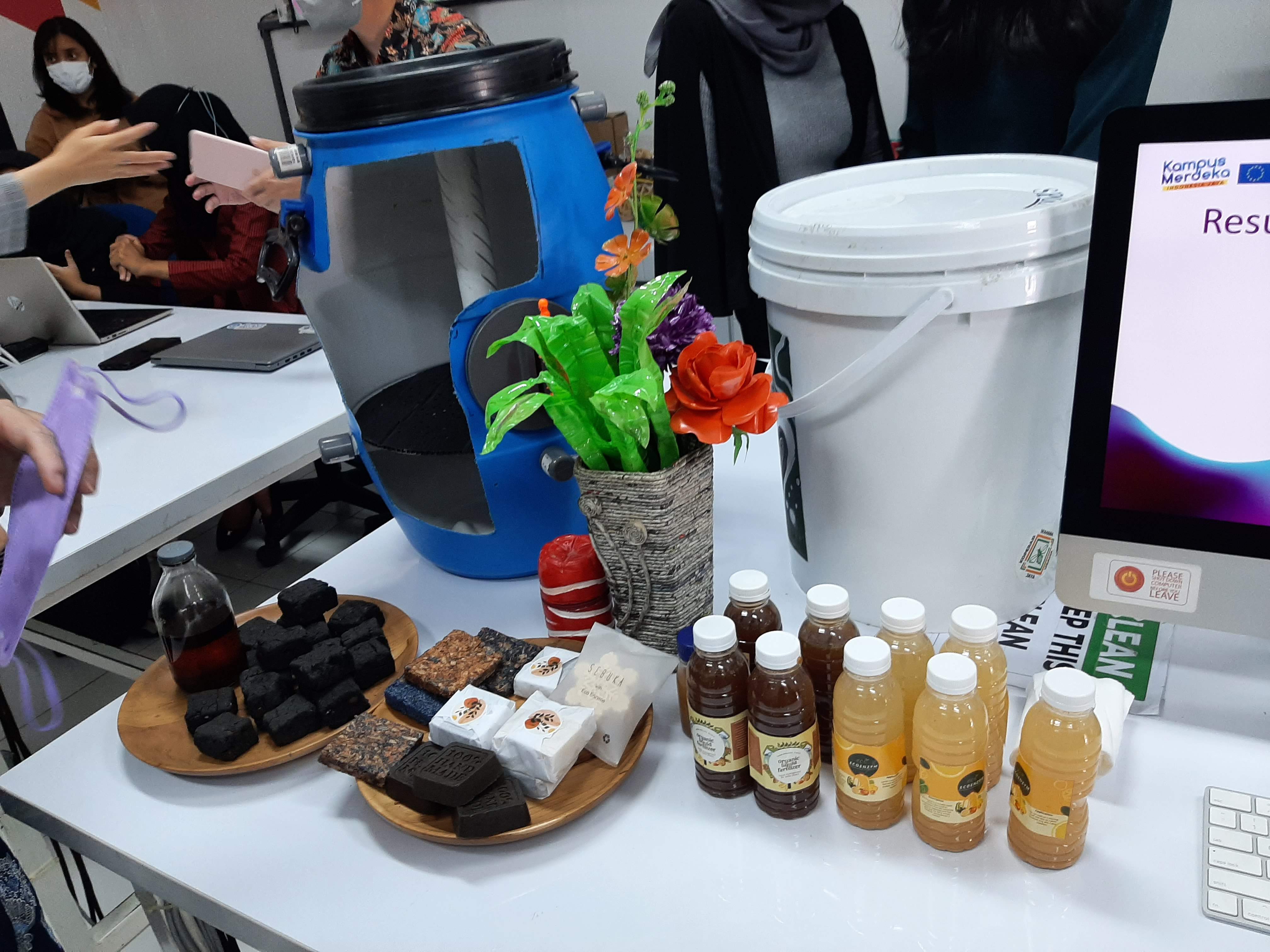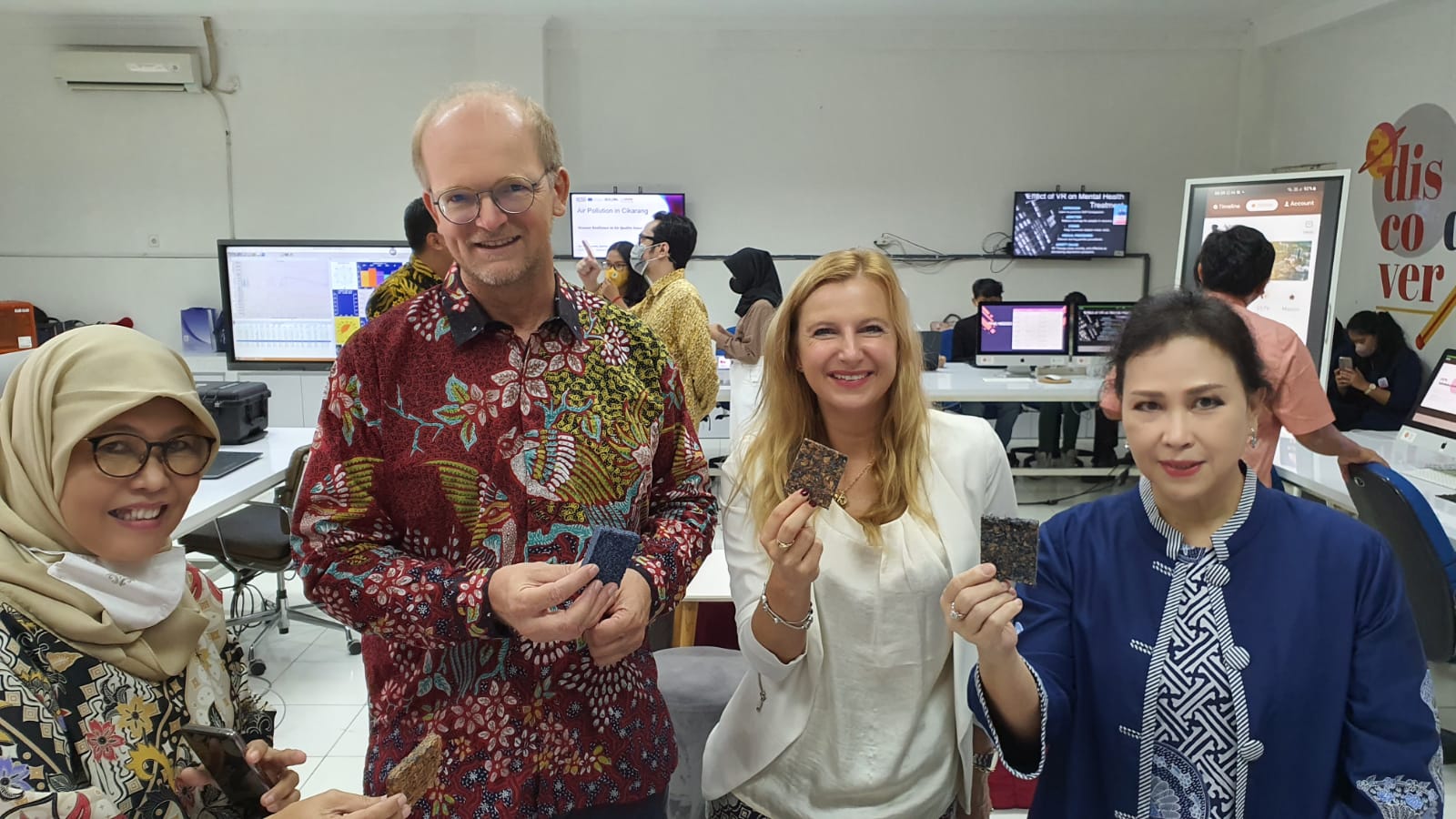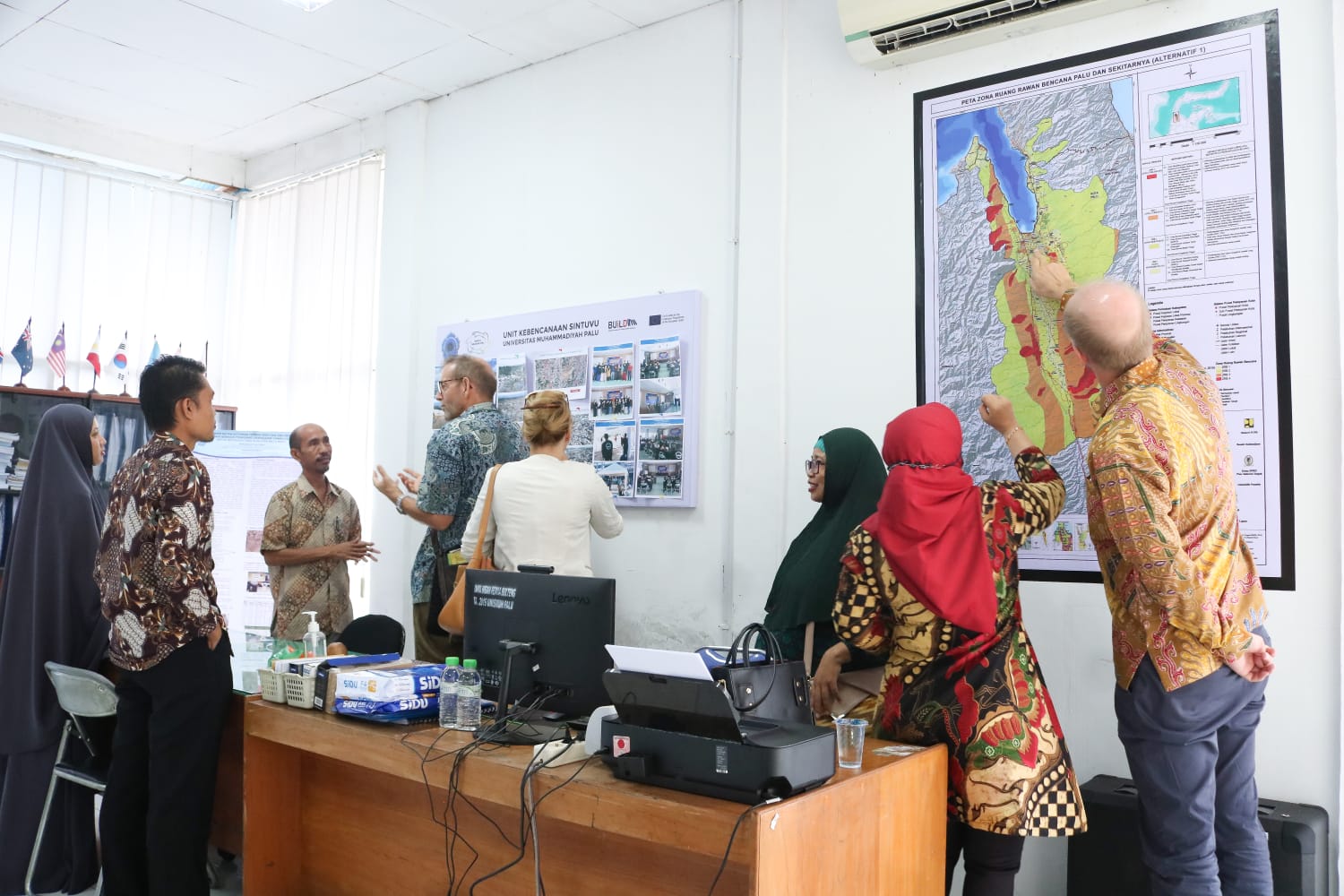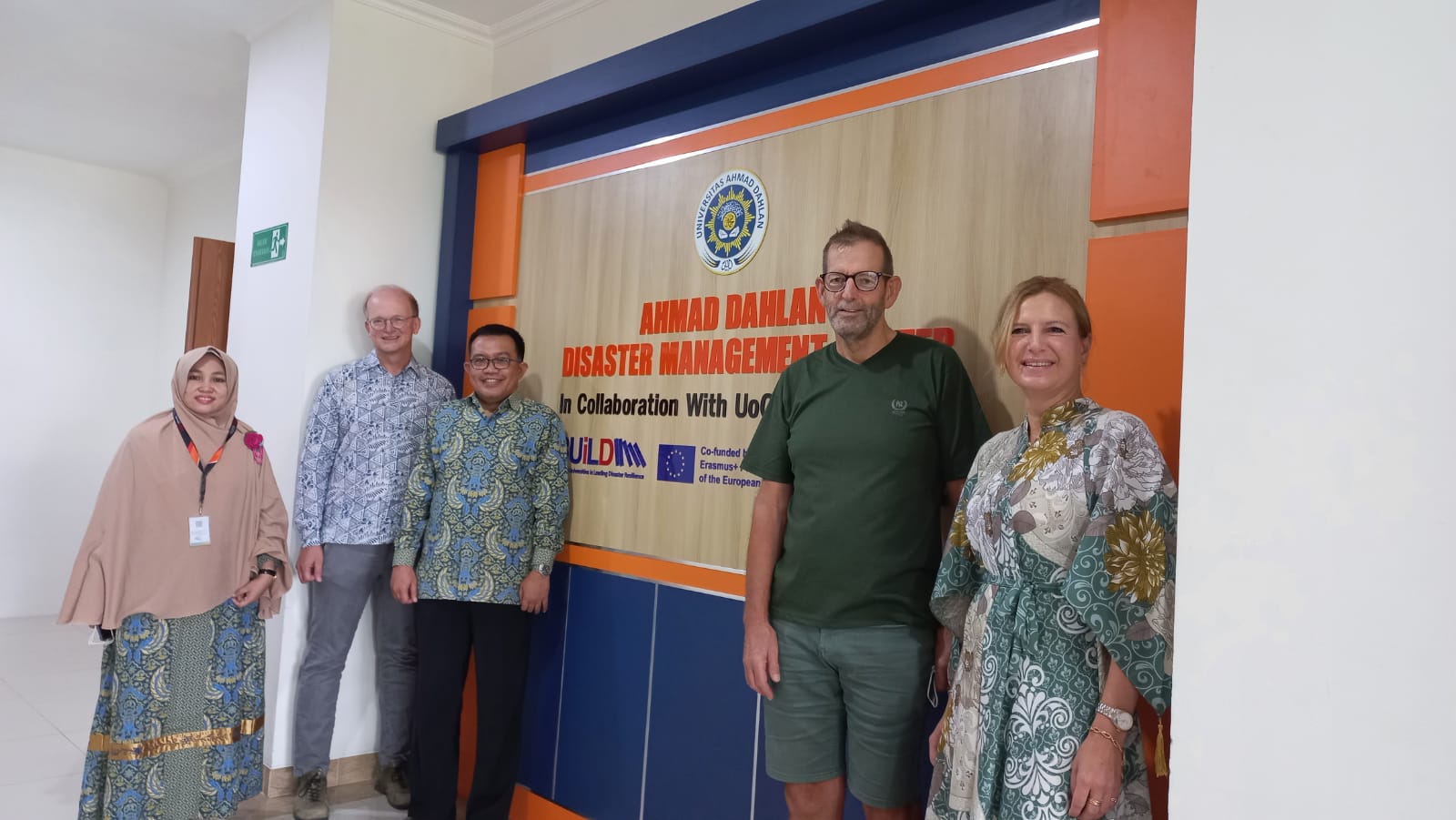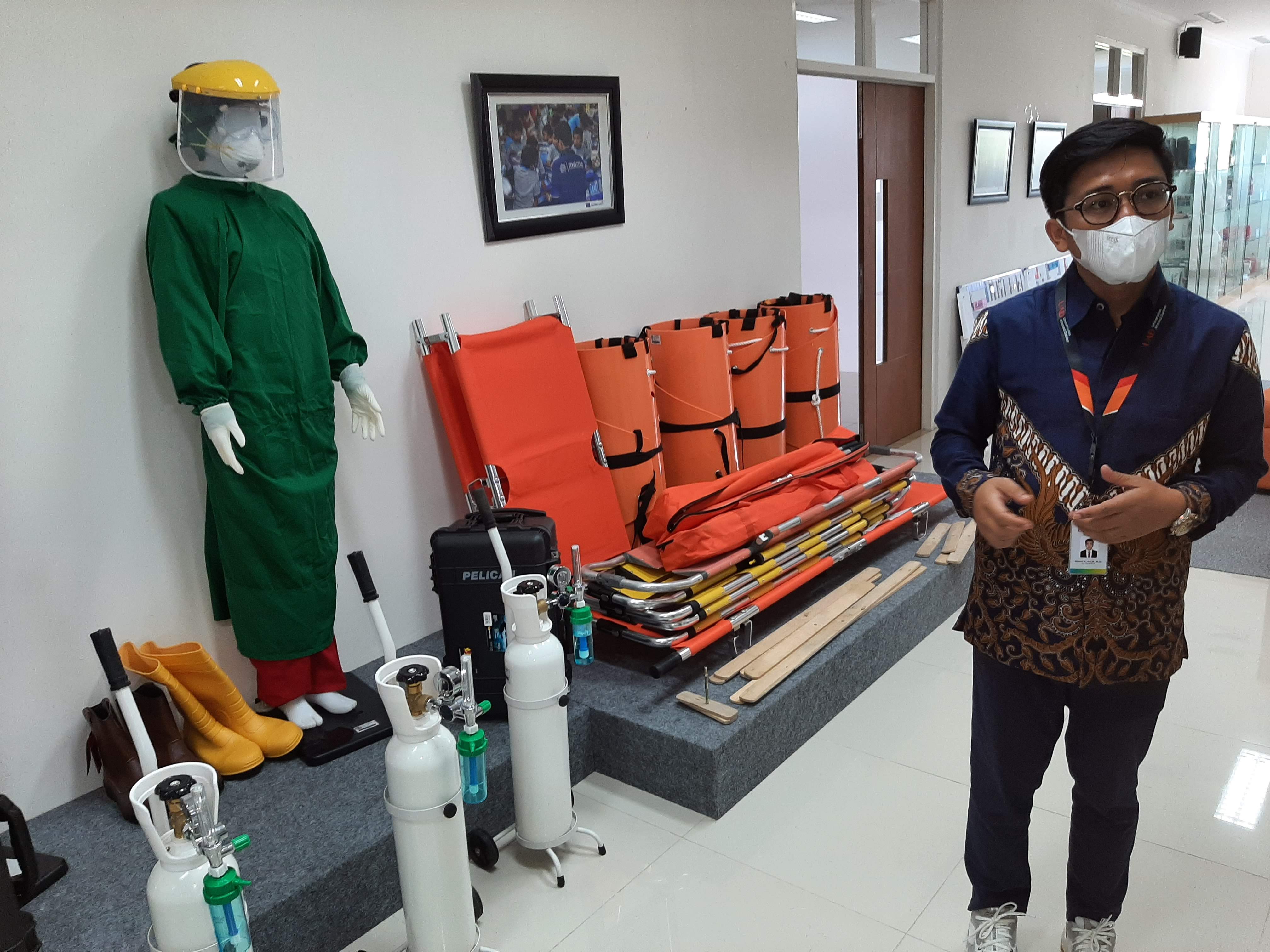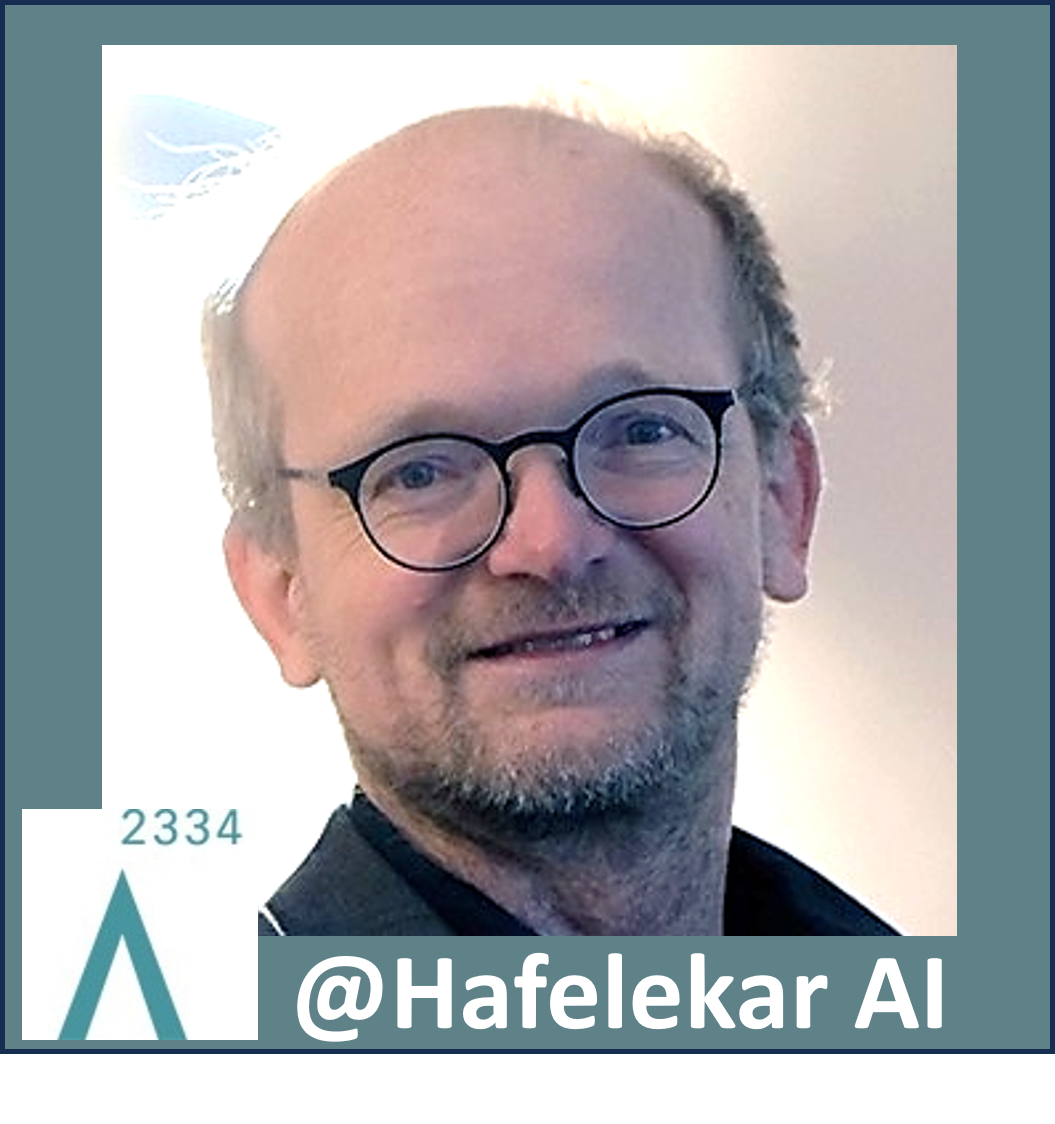
Digital entrepreneurship for youth – Cooperation Partnerships in Youth
DEVELOPMENT OF TRAINING MODULES:
Successfully created six modules focused on entrepreneurship and digital skills, including:
- Core Entrepreneurship Competencies
- Digital Entrepreneurship Competencies
- Market Awareness and Business Strategies
- Transversal Skills
- Crowdfunding and Sustainability
- Practical Applications and Expert Interviews
The LTTA (Learning, Teaching, and Training Activity) in Ankarawas one of the most important events in the field of educationwithin the project. This meeting, which took place between 7 – 9February 2024, was attended by practitioners from eachcountry and enabled testing of the training curricula developed
in the project.
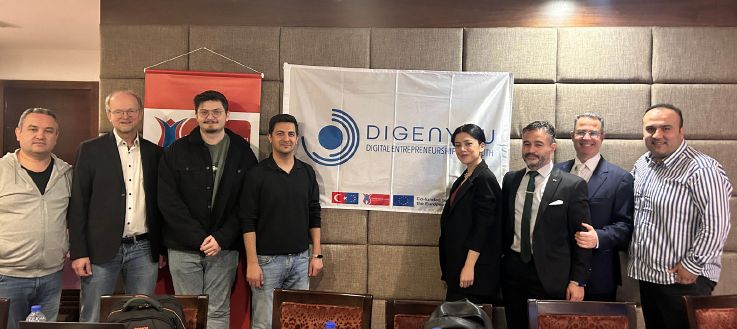
MAIN TOPICS DISCUSSED AT THE MEETING
MODULE 1: CORE ENTREPRENEURSHIP COMPETENCIES
The core competencies required for entrepreneurship andbusiness model creation and planning with Business ModelCanvas (BMC) were discussed.
MODULE 2: DIGITAL ENTREPRENEURSHIP COMPETENCIES
The importance of digital technologies in entrepreneurship wasemphasized, Artificial Intelligence (AI) and digital marketing strategies were discussed.
MODULE 3: MARKET AWARENESS AND BUSINESS AWARENESS
Entrepreneurs’ skills in market analysis, customer needs and business strategies to assess market opportunities were developed.
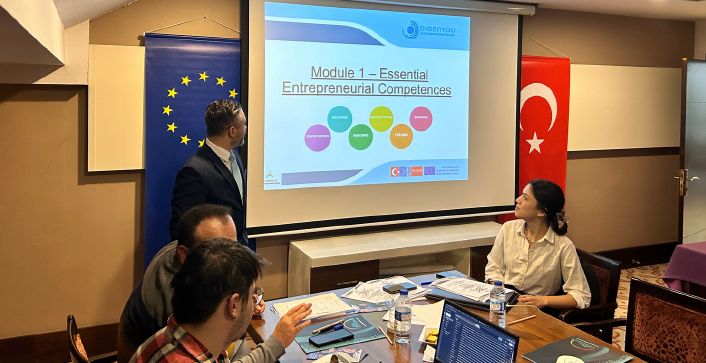
MODULE 4: TRANSVERSAL SKILLS
With skills such as effective communication, leadership and problem solving, entrepreneurs were aimed to be successful in the business world.
MODULE 5: CROWDFUNDING AND SUSTAINABILITY
Crowdfunding and social responsibility themes were covered, focusing on ensuring financial sustainability.
MODULE 6: PRACTICAL APPLICATION AND EXPERT INTERVIEW
Theoretical knowledge was put into practice and case studies helped entrepreneurs apply what they learned in the business world.
Inter-Partner Meeting in Greece (15 – 16 April 2024)
During this meeting in Athens, the project partners evaluated the pilot implementation methodology
developed under WP4. This meeting was an important step towards the implementation of the
digital entrepreneurship trainings for the project’s target group of young people.
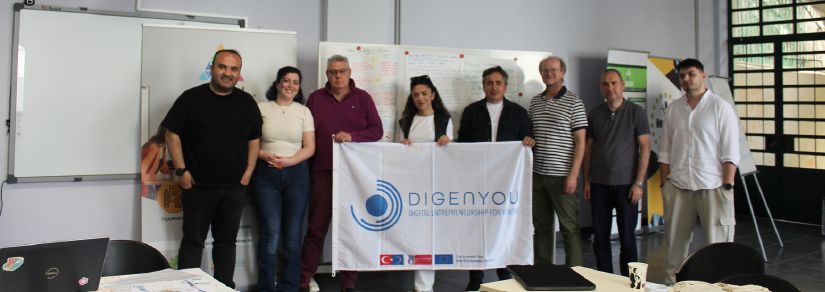
MAIN TOPICS DISCUSSED AT THE MEETING
PILOT IMPLEMENTATION METHODOLOGY
The pilots will be conducted by 15 trainers in each country. Practitioners will train young entrepreneurs and evaluate the effectiveness of the training modules with the data they collect during this process.
Each trainer will work with two young participants and present a case study at the end of the training.
ADAPTATION OF THE TRAINING CURRICULUM
The partners continued to work on adapting the training curriculum to the language and culture of each country. The training materials, which will be available in Turkish, Greek and German, have been reorganized to reach young entrepreneurs more effectively.
DIGITAL SKILLS AND ENTREPRENEURSHIP
The importance of artificial intelligence, big data analytics and digital marketing strategies in digital
entrepreneurship was discussed. It was decided to include these skills in education programs so that young people can use digital technologies effectively.
